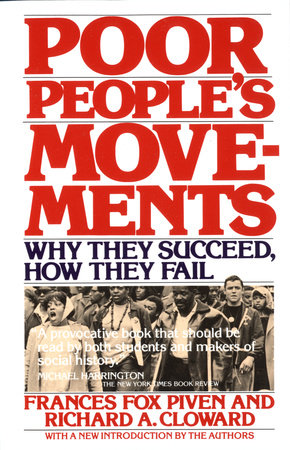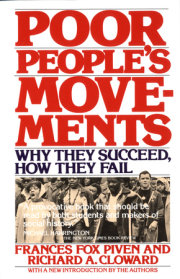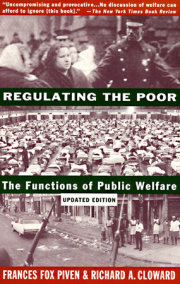Books for Native American Heritage Month
In celebration of Native American Heritage Month this November and beyond, Penguin Random House Education is highlighting books that explore Native American culture, history, and experiences. Browse our collections here: Native American Creators Native American History & Culture







